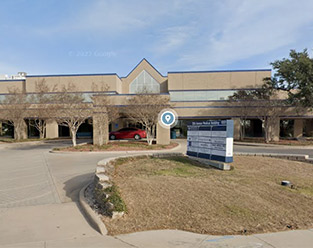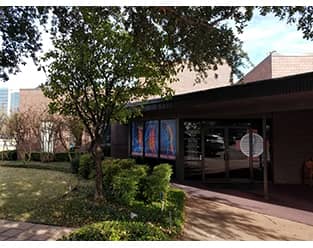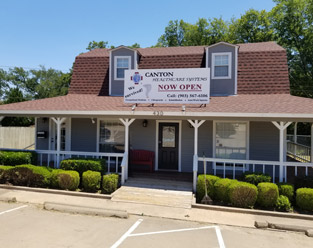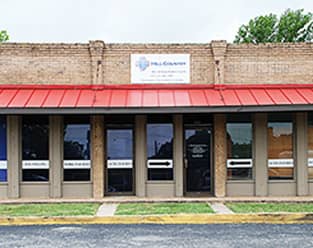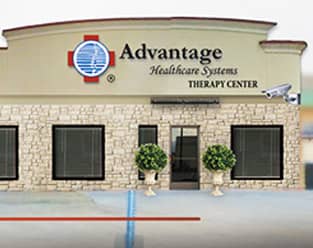 Concussions are among the most common traumatic brain injuries in the United States, often occurring from falls, in sporting events, or as a consequence of car accidents.
Concussions are among the most common traumatic brain injuries in the United States, often occurring from falls, in sporting events, or as a consequence of car accidents.
While many people recover with proper care, untreated concussions can have serious long-term effects, including chronic headaches, memory problems, and even lasting brain injury risks.
Let’s look at
- how concussions affect the brain
- potential long-term complications of leaving them untreated
- warning signs that require attention and prevention
- rehabilitation options for safer recovery
What Happens When You Suffer a Concussion
A concussion is a mild traumatic brain injury (mTBI) that often occurs when a sudden blow or force causes the brain to move rapidly within the skull. This movement can disrupt normal brain function, leading to temporary chemical and structural changes.
Concussion symptoms often appear immediately and may include confusion, headache, dizziness, nausea, or brief memory lapses.
Why Untreated Concussions Are Dangerous
The brain needs time and care to heal after a concussion. Without proper treatment, risks include repeat injury, slower recovery, and post-concussion syndrome, where headaches, dizziness, and cognitive problems persist for weeks or months. Left unchecked, these issues can disrupt daily life and raise the likelihood of long-term complications.
Long-Term Complications of Untreated Concussions
Chronic Headaches and Migraines
One of the most common chronic concussion symptoms is ongoing headaches or migraines. These can be severe enough to interfere with work, sleep, and daily activities.
Cognitive Decline and Memory Problems
Untreated concussions can cause lasting cognitive impairment. Patients may struggle with concentration, learning new information, or recalling memories, making even routine tasks challenging.
Emotional and Behavioral Changes
Mood instability is another significant effect. Depression, irritability, and sudden mood swings may appear, often straining personal and professional relationships.
Increased Risk of Neurodegenerative Diseases
Perhaps the most concerning outcome of an untreated concussion is the elevated risk of long-term neurological disorders. Research links untreated concussions to a higher likelihood of developing Alzheimer’s disease or chronic traumatic encephalopathy (CTE), conditions that can lead to permanent disability.
Recognizing and treating concussions early is the best way to reduce these long-term risks.
Warning Signs That Require Medical Attention
Seek medical care immediately if you experience any of the following post-concussion symptoms:
- Headaches that worsen or persist beyond the first few days
- Repeated dizziness or balance problems affecting mobility and coordination
- Memory lapses or difficulty focusing, which may indicate cognitive impairment
- Mood or sleep disturbances, including irritability, depression, or insomnia
- Vision changes or sensitivity to light or noise, common signs of brain injury care needs
Preventing Long-Term Complications
To reduce the risk of post-concussion complications, it’s essential to follow proven brain injury prevention strategies:
- Seek immediate medical evaluation after head trauma — early diagnosis helps prevent worsening symptoms
- Follow physician-guided rest and recovery protocols — allows the brain adequate time to heal
- Avoid strenuous activity or contact sports until cleared — prevents reinjury and cumulative damage
- Use protective gear such as helmets and seatbelts — lowers the likelihood of concussions in accidents
- Prioritize follow-up care if symptoms persist — ensures ongoing monitoring and safe concussion recovery
Treatment and Rehabilitation Options for Concussion
Effective concussion treatment starts with a neurological evaluation and imaging to determine the extent of injury.
Rehabilitation may involve physical therapy to improve balance, cognitive therapy to restore memory and focus, and non-opioid pain management for ongoing discomfort.
A multidisciplinary approach tailors brain injury rehabilitation to each patient, supporting full recovery and lowering the risk of long-term complications.
Read Also: Recognizing the Early Signs of Concussion
Contact Advantage Healthcare Systems for Concussion Recovery
If you or a loved one has concussion symptoms, seek care promptly—early treatment prevents complications and supports safe recovery.
Advantage Healthcare Systems offers evidence-based, non-opioid rehabilitation to restore function, improve balance, and protect brain health. Call 877-487-8289 or contact us online to begin your recovery today.

